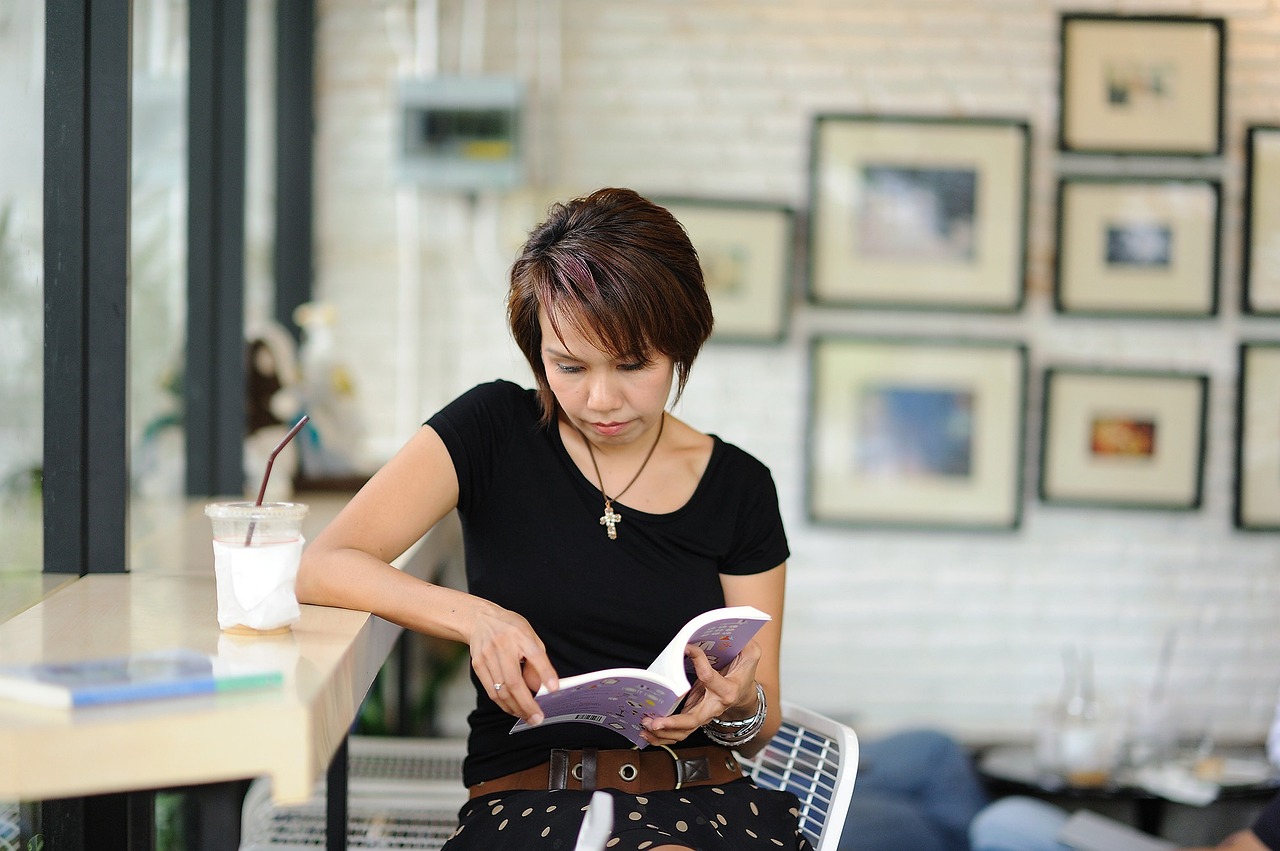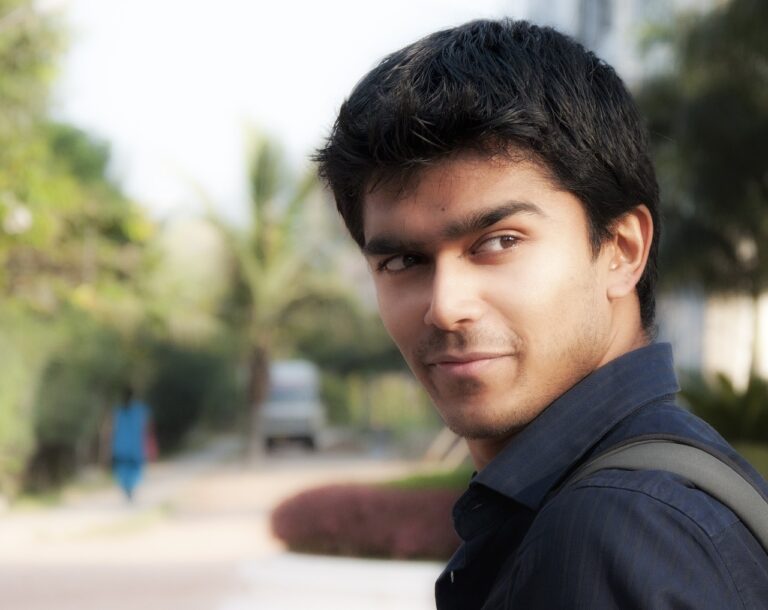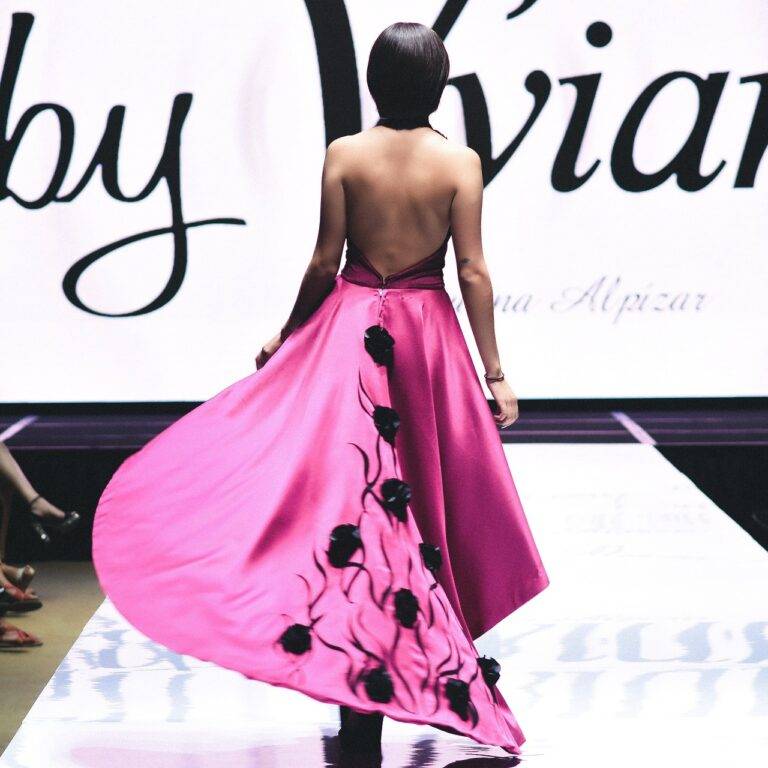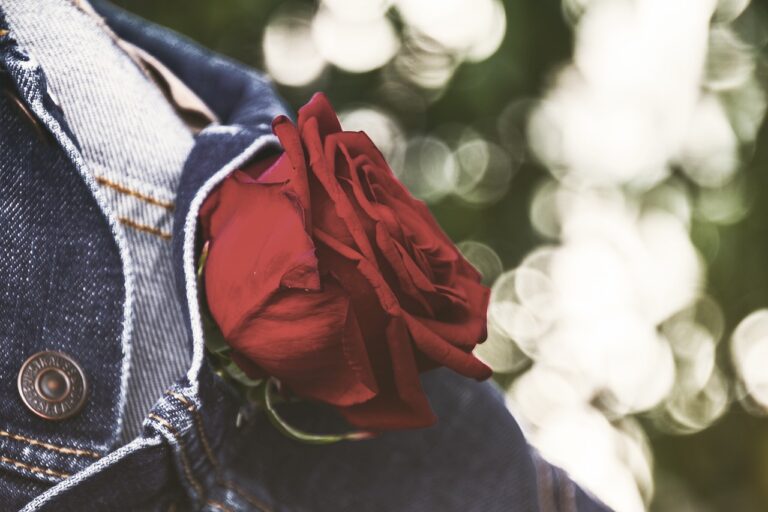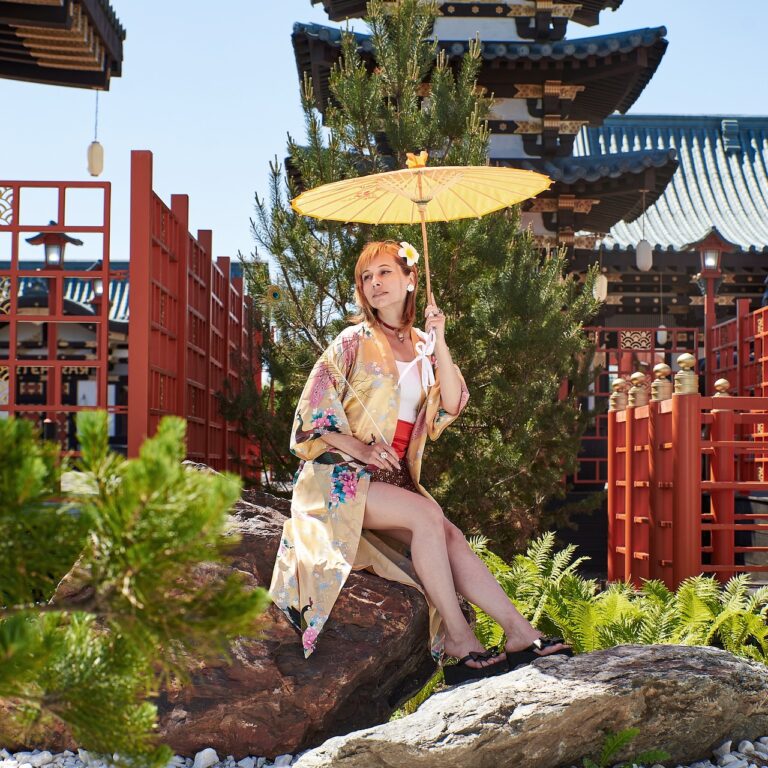Cultural Festivals Around the World: Celebrating Diversity in Lifestyles
Carnival in Rio de Janeiro, Brazil is a vibrant and exhilarating celebration that captivates millions of people each year. The energy and passion of the festivities are palpable as the city comes alive with music, dance, and colorful costumes. The Carnival parade, featuring elaborate floats and samba dancers, is a spectacle that showcases the rich cultural heritage of Brazil.
The streets of Rio de Janeiro are filled with enthusiastic revelers from all walks of life, united in their shared joy and excitement for Carnival. The music of samba fills the air, creating a pulsating rhythm that propels dancers to move in unison. The exuberance and spontaneity of the celebrations make Carnival in Rio de Janeiro a truly unforgettable experience for all who participate.
Diwali in India
Diwali, also known as the Festival of Lights, is a significant Hindu festival celebrated with great enthusiasm across India. During this auspicious time, homes and public spaces are decorated with colorful lights and vibrant decorations. The festival symbolizes the victory of light over darkness and good over evil.
One of the most anticipated aspects of Diwali is the bursting of firecrackers, adding a festive charm to the celebrations. Families come together to exchange gifts, share delicious sweets, and offer prayers to the goddess Lakshmi for prosperity and good fortune. The spirit of unity and joy is palpable as people gather to celebrate the triumph of light and the start of a new year filled with hope and happiness.
• Diwali, also known as the Festival of Lights, is a significant Hindu festival celebrated with great enthusiasm across India.
• Homes and public spaces are decorated with colorful lights and vibrant decorations during this auspicious time.
• The festival symbolizes the victory of light over darkness and good over evil.
• One of the most anticipated aspects of Diwali is the bursting of firecrackers, adding a festive charm to the celebrations.
• Families come together to exchange gifts, share delicious sweets, and offer prayers to the goddess Lakshmi for prosperity and good fortune.
• The spirit of unity and joy is palpable as people gather to celebrate the triumph of light and the start of a new year filled with hope and happiness.
Oktoberfest in Munich, Germany
Every year, millions of beer enthusiasts from around the world descend upon Munich to partake in the world-renowned Oktoberfest celebrations. The festival, which originated in 1810 as a royal wedding celebration, has since evolved into a grand spectacle of traditional Bavarian culture combined with a lively party atmosphere. Visitors are treated to a vast array of beer tents, each offering a selection of local brews and hearty German fare, such as pretzels and sausages.
The vibrant streets of Munich come alive with colorful parades, folk music performances, and locals dressed in traditional lederhosen and dirndls. The atmosphere is electric, with a sense of camaraderie and merriment permeating through the crowds. Revelers can also enjoy fairground rides, games, and other entertainment options, making Oktoberfest a truly unforgettable experience for all who attend.
What is Oktoberfest?
Oktoberfest is a famous beer festival held annually in Munich, Germany. It is one of the largest Volksfests (beer festivals and travelling funfairs) in the world.
When does Oktoberfest take place?
Oktoberfest usually begins in late September and runs until the first weekend in October. The festival typically lasts for about 16-18 days.
What can visitors expect at Oktoberfest?
Visitors can expect to enjoy a wide variety of traditional German foods, beer tents hosted by different breweries, live music, amusement rides, and a festive atmosphere.
How did Oktoberfest originate?
Oktoberfest originated in 1810 as a celebration of the wedding between Crown Prince Ludwig and Princess Therese of Bavaria. The event was so popular that it became an annual tradition.
Is Oktoberfest only about drinking beer?
While beer is a major part of Oktoberfest, the festival also features traditional Bavarian foods, music, dancing, cultural events, and activities for people of all ages.
Are there any traditional customs or clothing associated with Oktoberfest?
Yes, traditional Bavarian clothing such as dirndls for women and lederhosen for men are commonly worn at Oktoberfest. These outfits add to the festive atmosphere of the event.
How can I get to Oktoberfest in Munich?
Munich has excellent public transportation, so visitors can easily reach Oktoberfest by train, bus, or tram. It is also possible to walk or bike to the festival grounds.
Are there any safety tips to keep in mind while attending Oktoberfest?
It is important to pace yourself when consuming alcohol, stay hydrated, and be aware of your surroundings. It is also recommended to book accommodations in advance, as hotels fill up quickly during Oktoberfest.

